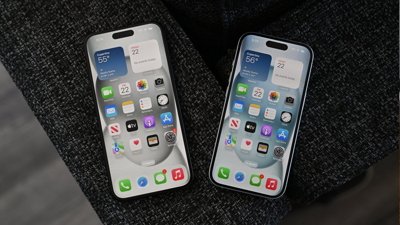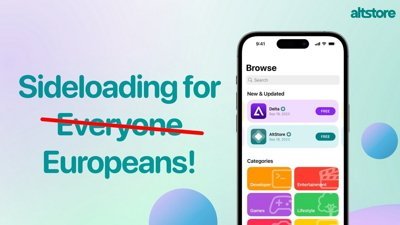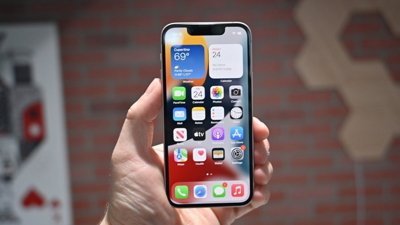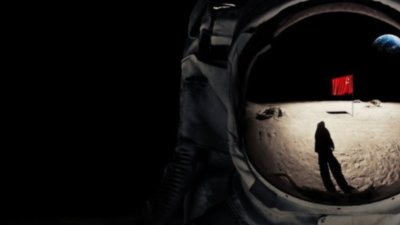Enviro agency may sue Apple following Greenpeace iPhone report
A potential lawsuit from the Center for Environmental Health would accuse Apple of violating pollution laws by allowing its first cellphone to ship with toxic chemcials inside.
"Brominated compounds [were found] in half the samples, including in the phone's antenna, in which they made up 10 percent of the total weight of the flexible circuit board," the activist group said. "A mixture of toxic phthalates was found to make up 1.5 percent of the polyvinyl plastic (PVC) coating of the headphone cables."
These materials are dangerous enough to be labeled as "toxic to reproduction" in Europe and are already banned in all childcare goods for the continent, the organization said. Their place in a cellphone was not explicitly illegal but placed Apple behind other cellphone designers who were already producing phones without either brominated flame retardants (BFRs) or PVC plastic. Motorola, Nokia, and Sony-Ericsson were described as ahead of Apple in eliminating most or all of the substances from their production lines.
But while the practice is only frowned upon in Europe, Apple could not claim such protection for the iPhone in its home of California, claimed the Center for Environmental Health. The CEH alleged that the American state's Proposition 65 law barred any anti-reproductive or cancer-inducing plasticizer chemicals, like PVC, from shipping inside a product without a "clear and reasonable" label. The iPhone has lacked any such label since its launch in June, the group said.
And while the Center had so far only submitted a complaint, legal action was impending as a "citizen enforcement" measure if Apple did not voluntarily address the concerns, according to the report. To avoid a lawsuit, the Cupertino-based company would have to sign a binding agreement that would add a suitable label to new iPhones, recall every unit sold in California, and pay a financial penalty for the offense.
No matter the exact laws, both the CEH and Greenpeace shared the opinion that the iPhone was not living up to the spirit of Apple chief Steve Jobs' new environmental policy, which pledged to scrub BFRs, PVCs, and other toxic materials from Apple products by the end of 2008.
"There is no reason to have these potentially hazardous chemicals in iPhones," said CEH director Michael Green. "We expect Apple to reformulate their products to make them safer from cradle to grave, so they don’t pose a threat to consumers, workers or the environment."
 Katie Marsal
Katie Marsal










 William Gallagher
William Gallagher
 Malcolm Owen
Malcolm Owen
 Christine McKee
Christine McKee

 Amber Neely
Amber Neely










